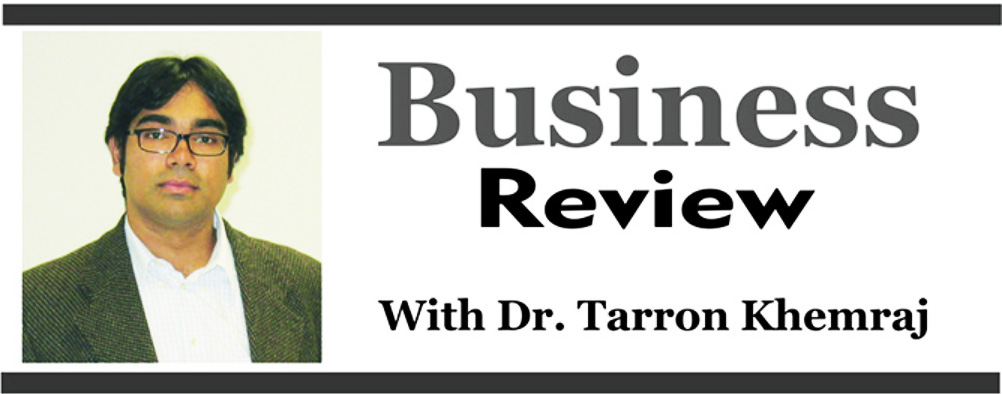Electoral reform ought to be one of the core institutional reforms needed for Guyana to evolve into a modern society without extreme inequality and circumvent political instability. I would argue – and have done so on several occasions – that reforming the electoral system is a crucial ingredient for escaping the natural resource curse. If done properly, electoral reform could create a buffer against extremism and the tit-for-tat politics myself and others have written about extensively for many years.
Recently, however, a dispute has emerged between the PNCR – Guyana’s main opposition party – the WPA and a few civil society organizations on the one hand and Mr. Khemraj Ramjattan and the PPP/C on the other. The dispute is over whether the International Republican Institute (IRI) should be involved in the process of electoral reform.
One argument coming from civil society groups and the PNCR is the IRI does not have the credibility for promoting credible elections in Guyana. They cite a few members associated with the IRI who were at the forefront calling for or complicit with former President Trump’s fascistic attempt to overturn a fair and free election. They also cite attempts by the Republication party to suppress minority votes.
While there are elements of truth to these arguments, it is much more nuanced. Indeed, the Republican party has a sizable contingent of wannabe fascists. But not all Republican leaders are willing to go down that road either. Also, not all the laws passed by Republican-controlled states and districts are unreasonable. I could never understand why Democrats continually oppose voter ID requirement and voter verification. And please don’t tell me that minority groups are incapable of getting a state ID or driver’s licence, or cannot do early voting. I really do not need to be pampered by elites. As someone coming from Guyana, I could never understand these arguments from Democratic activists and leaders. After all, Guyana is one of the rigging centres of the planet. We are aware of many of the tricks of the trade.
As for the PPP/C, it had a robust reply noting that the opposition will have its say in Parliament. In typical PPP/C style, however, the party reminded everyone that the “government will drive the process.” I am not so sure what that means. Does “drive the process” imply that electoral reform will be on PPP/C’s terms? That will most likely be dead on arrival.
The role of the IRI ought not to be the core issue, however. At stake are various policies that are necessary for boosting election credibility and addressing the pro-ethnic strategic voting that has made greatly restricted democracy from delivering a sense of cohesiveness. As it relates to credibility, the supposedly bloated voters list has to be addressed. Dead people have to be removed. Those who have migrated might have to be removed, the constitutional stickiness notwithstanding.
I have written extensively about how the pro-ethnic strategic vote has undermined economic development. To summarize, pro-ethnic strategic voting, in my thesis, is the manifestation of the two predominant ethnic security dilemmas, which are underpinned by economic concerns and fear of domination by the other side. Strategic voting means that most people vote not because of deep love for their leaders and political parties, but because they believe they must vote in order to prevent the other side from winning the election. They perceive that it will be hard to get the public sector job, the contract, the scholarship or the social clout if the other side wins the election.
The strategic voting, in the case of Guyana, shows up as ethnically aligned voting. This has been confirmed by various LAPOP polls, academic studies by Professor Ralph Premdas (and others) going back to the 1960s, and analysis of statements of polls by matching results with ethnic composition of villages.
I have presented these ideas in greater detail in previous Development Watch and Sunday Business Columns. For more formal treatments of why electoral reform is desperately needed, namely the nexus between pro-ethnic strategic voting and economic underdevelopment, see my academic papers: (i) The Political Economy of Guyana’s Underdevelopment; (ii) Politics and Underdevelopment: The Case of Guyana; and (iii) Two Ethnic Security Dilemmas and their Economic Origin. I wrote these papers as part-time preoccupations. I think there is more work to be done in this area.
Any electoral reform that fails to address the pathology of pro-ethnic strategic voting is no reform at all.
Comments can be sent to: tkhemraj@ncf.edu






